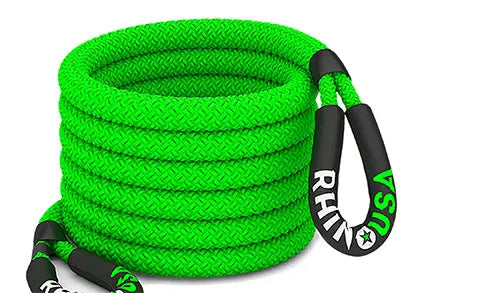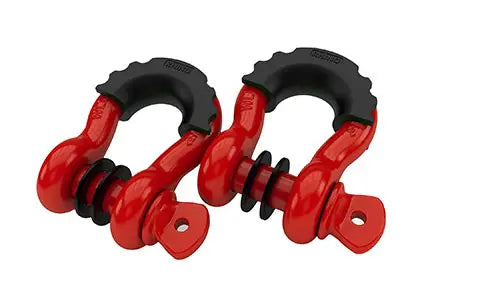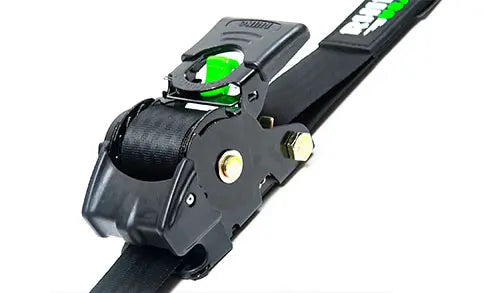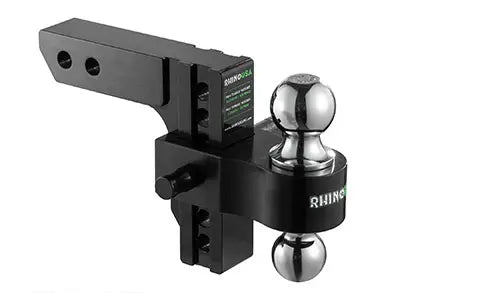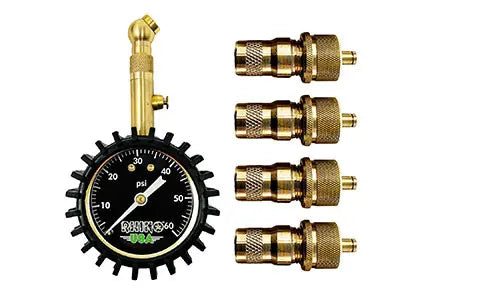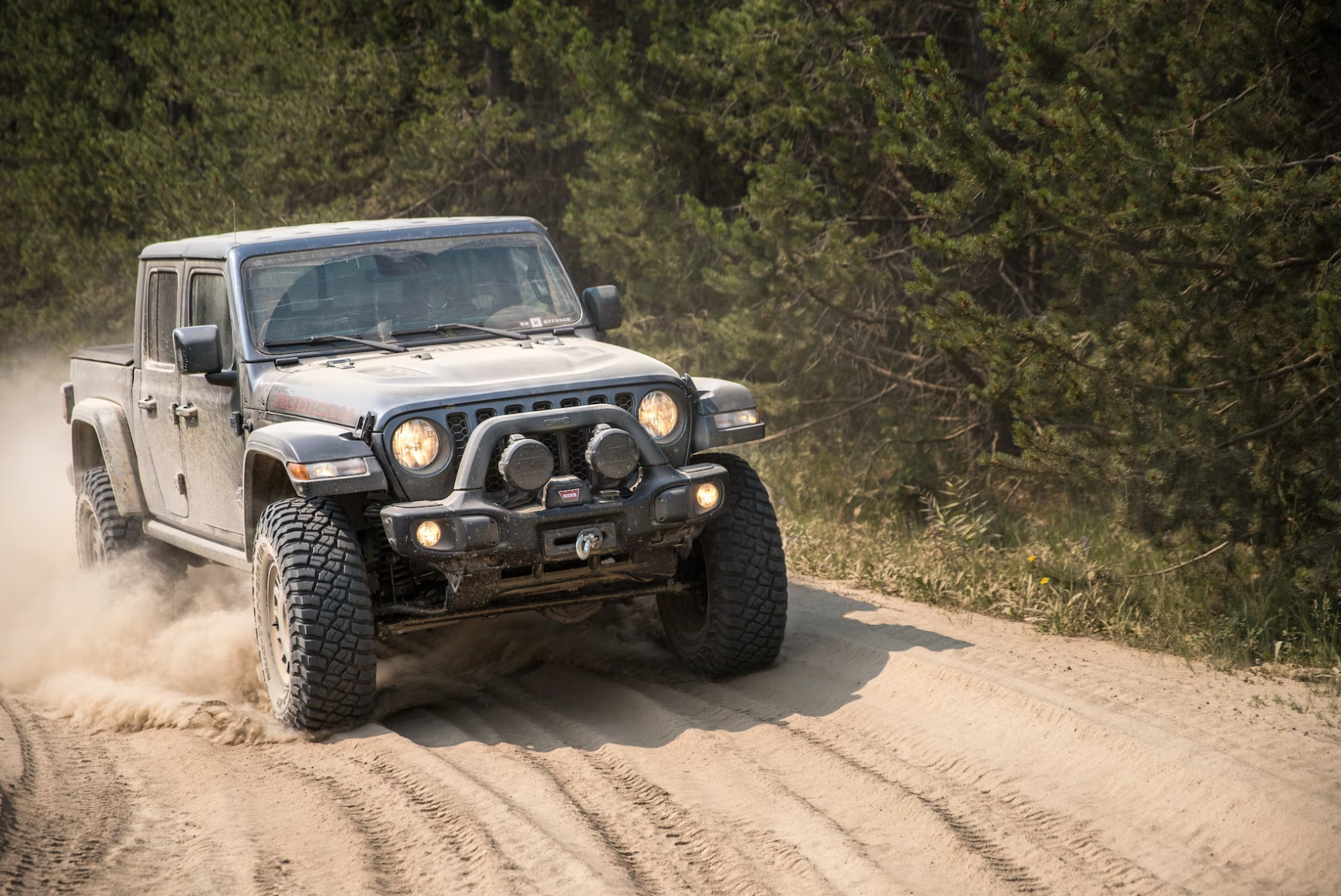
Why Traction Control Isn't your Friend: How to Turn it off
Traction control seems like a wonder technology for those who use it on regular roads. However, there are some significant downsides for 4x4 enthusiasts.
This post explains what traction control is, why it isn't your friend, and how to turn it off.
What Is Traction Control?
Traction control is a computer-controlled system that helps vehicles maintain their grip on slippery surfaces.
Special sensors detect when the off-roader is about to lose grip and feed this information to a central computer. It then responds by adjusting the power sent to each wheel and applying the brake or throttle when necessary.
Modern manufacturers design traction control to work with other vehicle safety systems, including anti-lock brakes, electronic stability control, and vehicle dynamics control. Together, these systems aim to make off-roaders more accessible to average drivers.
Why Traction Control Is Not Your Friend
Logic would dictate that you should leave traction control switched on when your off-road vehicle gets stuck. After all, you want the extra grip to pull your 4x4 out of a sticky situation.
However, that’s not always how it works. Computer-controlled systems will sometimes cut power to the wheels entirely, leaving you stranded in mud or snow, unable to move.
Traction control can be downright dangerous in some situations, for instance, when driving up or down a slippery, icy surface. That’s because the software can’t adjust to the context. It doesn’t know why the vehicle is slipping. It only knows that a wheel has lost traction.
Because of this, many off-roaders use traction control selectively. They keep it off for challenging terrain and then turn it back on for normal driving situations.
Lastly, traction control reduces the fun of mudding and off-road driving more generally. The experience can feel overly sanitized when you switch on these systems.
For example, suppose you are stuck in the mud. Keeping traction control on might prevent the wheels from turning at all, leaving you stranded. However, if you turn it off, you may be able to “rock” your vehicle to freedom by putting it into reverse and then accelerating gently.
How To Turn Off Traction Control, And Why It’s Important

How you turn off traction control depends on your vehicle’s make and model. Each manufacturer uses a slightly different system.
Most off-road vehicles have a traction control button on the dashboard or by the shift stick. It will usually have an image of a skidding car with the word “OFF” written directly underneath it.
On a Jeep Wrangler, you should find the traction control button on the middle console, usually next to the hazard warning light control. When you push it, a light will appear next to the speedometer, telling you that the system is now off.
On Fiat-Chryslers, RAM, and Dodge, vehicles you need to push the ESC (electronic stability control) button for five seconds until you hear a “ding” sound. Once you turn the system off, you will see “ESC OFF” appear on your instrument cluster.
Chevrolet uses a slightly different approach. Here, you’ll need to switch off TCS and StabiliTrak to give you a more raw driving experience. To do this, press and hold the button featuring the car and the skid lines beneath it until the TC lights illuminate on the instrument panel and you see a DIC message appear.
Lastly, to turn off traction control on Toyotas, press the VSC (vehicle stability control) button for three seconds until you turn off both VSC and TRAC. Once disabled, the TRAC OFF and VSC OFF indicators should appear on your instrument cluster.
Manufacturers vary the names for electronic stability control, which can be confusing. You may see it written as ASC (active stability control), DSC (dynamic stability control), or ESP (electronic stability program). If you are unsure how to turn off traction control, consult your vehicle’s handbook.
Turning off traction control is important when:
- You are driving on icy or slippery surfaces, and ESC systems cut power to the wheels, preventing you from maintaining any control over your vehicles
- You want to “rock” your 4x4 out of snow, mud, or a river
- You want to have fun or test your driving skills.
Featured Product: Rhino USA Recovery Tow Strap
Conclusion
In summary, while turning on traction control sometimes makes sense, it can be dangerous and take the fun out of overlanding. Therefore, we suggest you only keep it switched on in normal driving conditions.
If you’re looking for 4x4 offroad gear, check out the selection at Rhino USA. We stock kinetic ropes, tow straps, shovels, and tire inflators designed to keep your excursions fun.
- Choosing a selection results in a full page refresh.

